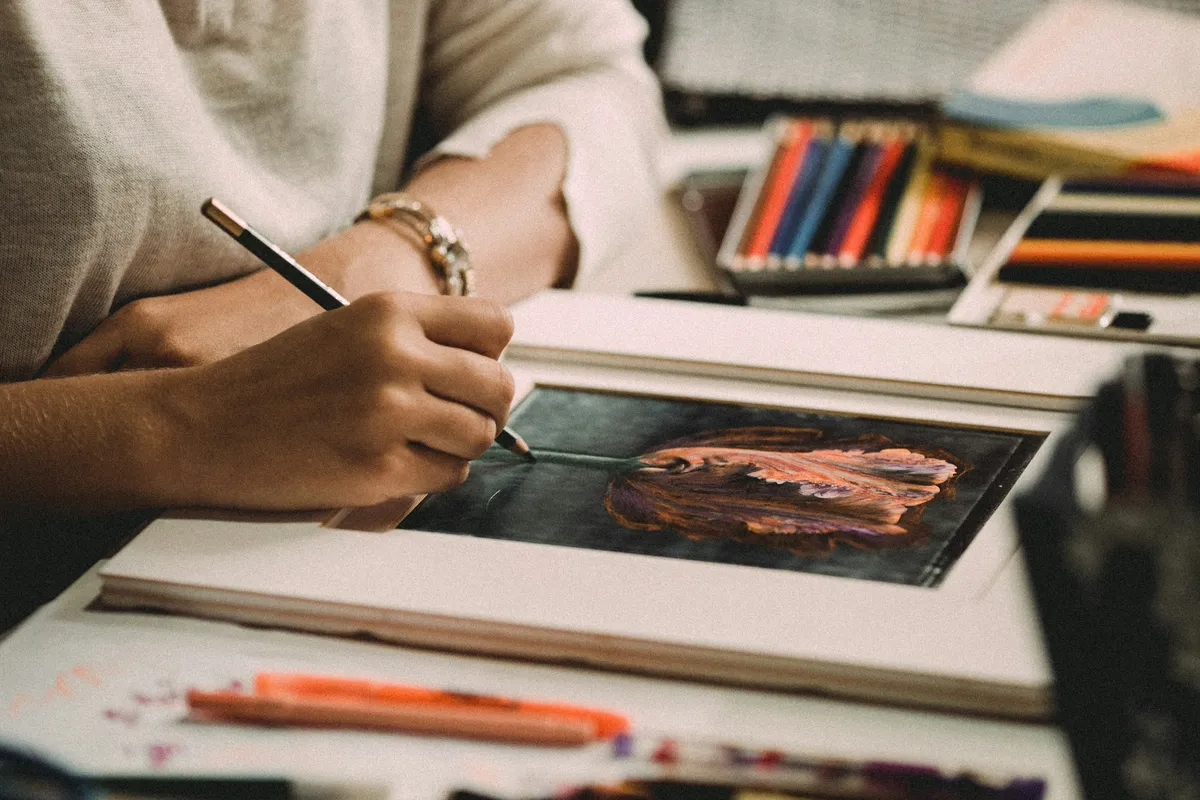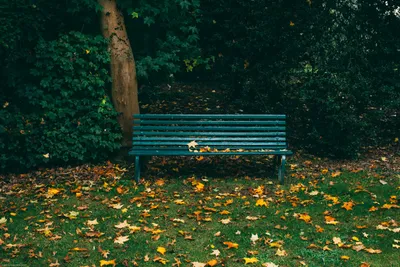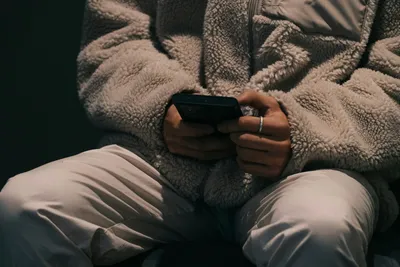
Create More, Consume Less
Create More, Consume Less
We live in a world of unprecedented abundance. For generations, the primary challenge of human existence was scarcity. Today, for many of us, it’s the opposite. We are drowning in a sea of stuff, both material and digital. The consumerist machine that once promised happiness through ownership has evolved. It no longer just sells us things to fill every corner of our homes, but also content to fill every second of our time. We’ve shifted from accumulating possessions to accumulating experiences, from seasonal wardrobes to endless, algorithmically-curated feeds. The result, however, remains the same: a feeling of being empty and unfulfilled.
The Cost of Consumption: More Than Just Money
The modern economy is a finely tuned engine designed to capture one thing: your attention. Every notification, every “limited-time” offer, and every auto-playing video is a bid for your time, your most valuable and finite resource. The problem isn’t consumption itself, but unconscious consumption. It’s the new pair of shoes you don’t need, bought with a click and instantly delivered to your doorstep. It’s the two hours spent scrolling through a feed you won’t remember tomorrow. It’s the inability to do anything else in your free time other than consuming content.
This isn’t a victimless transaction. When you trade your time for mindless consumption, you are performing a transfer of power. You are giving your energy, your focus, and your money to someone else. You are, in essence, sacrificing the person you could become so that a corporation can hit its quarterly targets. You are trading your potential for their profit. The cost isn’t just the price tag on an item or a subscription. It’s the opportunity cost of a life lived with intention.
The Creator’s Instinct: Finding Meaning in Making
At our core, we are builders, innovators, and problem-solvers. It is the defining characteristic of our species. We didn’t become the dominant life form on this planet by being the strongest or the fastest. We did it by creating tools that augmented our abilities. From the first sharpened stone to the vast network of the internet, creation is how we have consistently redefined our potential.
In the modern world, “creation” has taken on new meanings. It can be writing code, producing a video, or composing music. But it doesn’t have to be grand or public. Tending to a small garden, building a piece of furniture for your home, or developing a new recipe can be profoundly meaningful. Creation also happens when you spend intentional time with your family, meet a friend for coffee, or play games together. In those moments, you are actively creating shared experiences and meaningful memories, which are just as valuable as any physical object.
We’ve been misled by a culture that champions the “side hustle” and the rise of what David Graeber called “bullshit jobs.” This has created the false belief that any act of creation is only valuable if it generates income or scales to millions. Every hobby must be monetized, every skill must be marketable, and every project must have the potential to go viral. This is a fallacy that stifles the very essence of creativity. It robs us of the joy of creating for its own sake. The simple, profound satisfaction of learning a new chord on a guitar, perfecting a recipe, or filling a sketchbook with drawings that no one else will ever see. The true value of creation isn’t measured in dollars or followers. Tt’s measured in the meaning it brings to the creator.
Meaningful creation is not defined by its audience or its market value. It is defined by the creator. Much of the most rewarding creation happens away from the public eye, in the quiet focus of a workshop, a kitchen, or a personal journal. The act of bringing something new into the world that is a reflection of your own intention is an act of profound self-discovery. It is how you leave your mark, not necessarily on history, but on your own life and your own small corner of the world. This is the antidote to the emptiness of passive consumption. It’s about creating a tangible testament to your time here.
A World Out of Balance
Take a moment to audit your own life. How many hours in the last week did you spend consuming things you didn’t consciously choose? How much of your digital life was spent scrolling through feeds designed to keep you hooked, versus creating something, anything, that was uniquely yours? For many, the ratio is starkly imbalanced. We spend hours watching others live their lives on screen, while our own passions and projects gather dust. We buy mass-produced goods to signify our identity, rather than building an identity through our actions and creations.
This imbalance has deep societal consequences, feeding a quiet epidemic of emptiness. It leads to widespread burnout, anxiety, and a pervasive sense of purposelessness. We have become a society of spectators, consuming more than ever, yet feeling more disconnected and dissatisfied. The very platforms that promised connection have instead given us a stage for performance, where our human need for belonging is rerouted into chasing likes and comparing our lives to curated highlight reels.
Imagining a Creator-Centric World
What would a world look like where the default was creation, not consumption? It wouldn’t be a world without commerce or entertainment. It would be a world where people are more intentional about their choices. Intentional about what they buy, how they spend their time and where they place their attention. It would be a world defined by people consciously choosing to do what is meaningful and needed, rather than what is merely available or algorithmically suggested.
Imagine communities where local artisans are valued over faceless corporations. Imagine social networks designed not for endless scrolling, but for collaboration and shared projects. Imagine individuals with more time and mental space to pursue their hobbies, learn new skills, and contribute their unique talents to the world. In this world, our value wouldn’t be determined by what we own, but by who we are and how we live in our community. Our sense of self-worth would come not from external validation, but from the internal satisfaction of a job well done, a skill well-honed, a project brought to life.
The Path Forward
The shift from a consumer to a creator mindset is not a small one, but it begins with a single, conscious choice. It starts with asking yourself: “Does this activity align with my intentions? Is this taking my time, or am I investing it?”
Turn off the auto-play. Unsubscribe from the marketing emails. Put down the phone and pick up a paintbrush, a guitar, a pen, or a piece of wood. Start small. The goal is not to monetize your hobbies or to become an “influencer.” The goal is to reclaim your time, your energy, and your sense of self. The goal is to create a life that is not just lived, but intentionally designed. Create more, consume less, and discover the fulfillment that comes from making your mark on the world, no matter how small.
This journey of intentional living is precisely why we built Activities Matter. It is a tool designed to support this exact lifestyle shift. By helping you set clear goals and track your progress through daily Commitments, it creates a powerful bridge between your everyday actions and your most important long-term aspirations. It’s a private space to reflect, understand yourself better, and ensure that how you spend your days is a true reflection of the life you want to build. Our goal is to help you live your intention, one meaningful activity at a time. Download Activities Matter from the Apple’s AppStore or the Google’s PlayStore.
Photo by Jonathan Borba on Unsplash
Note: The link to the book is an affiliate one.
Related Articles

An Epidemic of Emptiness
A personal essay exploring the modern epidemic of emptiness, its root causes in our relationship with technology and productivity, and how a conscious shift toward intentional living can be the antidote.

Why Blocking Apps Won't Fix Your Phone Addiction
App blockers are training wheels—not the solution. Real freedom from phone addiction comes from fundamentally changing your relationship with technology by finding purpose and using your phone as a tool, not a distraction.

My AI Wrote Perfect Blog Posts, and I Felt Nothing. Here's Why.
A personal essay on the soullessness of AI-generated content, using a marathon training epiphany to argue that true fulfillment comes not from the final product, but from the process of intentional, daily action.